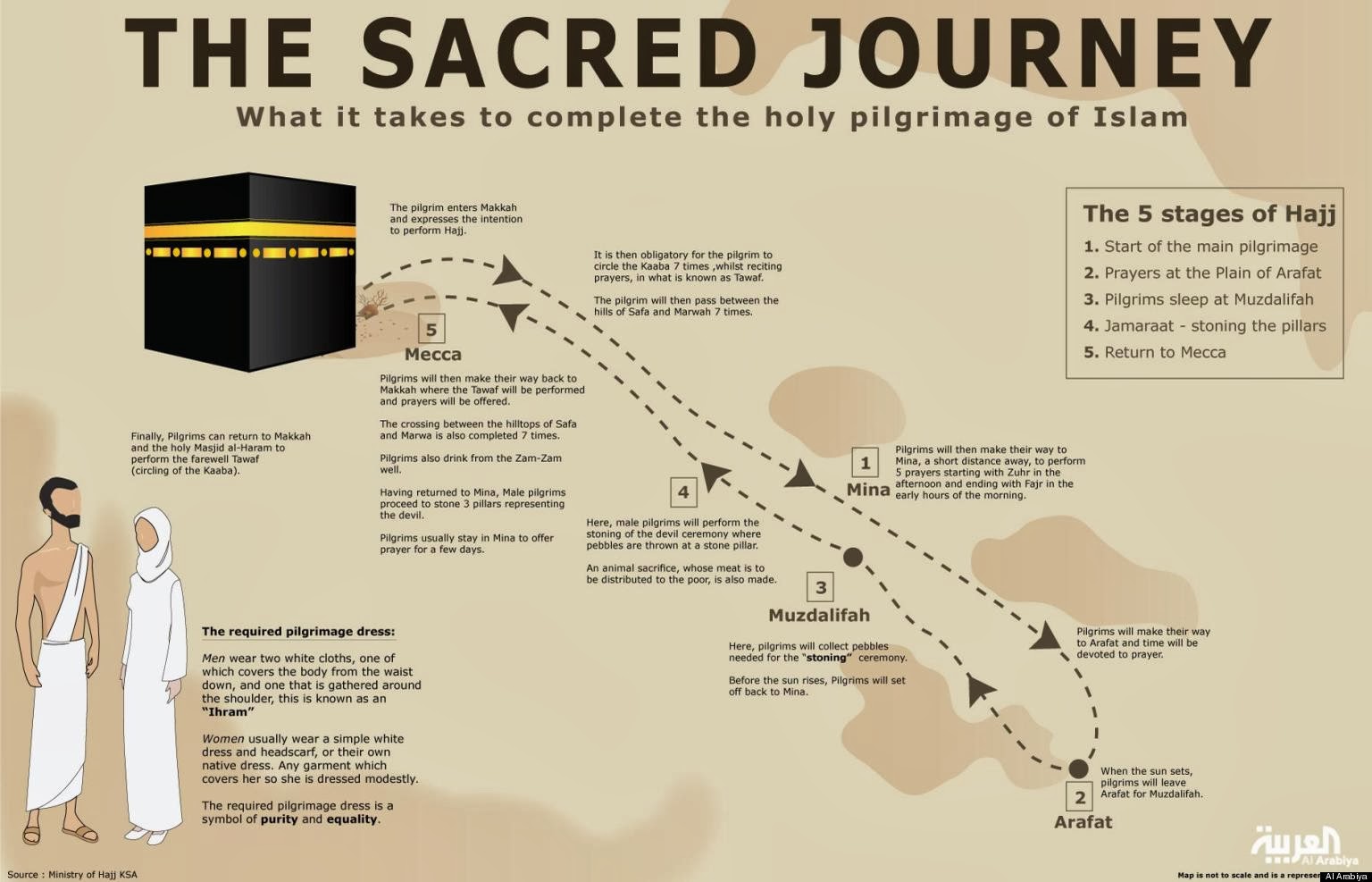After Ramadan
The Holy month of Ramadaan came like seasonal rain and passed by. This rain did not water the plants and crops -it showered upon the hearts of believers. It is sad, but true, that the hearts of the majority of Muslims are stricken with spiritual drought and spiritual decadence. It is a drought caused by excessive indulgence in un-Islamic activities, immoral behaviour, unjust actions, unfair dealings etc. Drought caused by lack of rain destroys crops -drought caused by lack of piety, lack of fear of Allah and lack of Allah consciousness destroys the SPIRITUALITY of the heart.
Ramadaan’s spiritual rains brought to life the Masaajid and other prayer places. Ramadaan had fanned the dying spark of charity .Ramadaan had awakened the dying spirit of tolerance, patience and sympathy for the less fortunate.
Now that we come to the end of Ramadaan the big question is what to do? Did we go through all the spiritual exercises in Ramadaan in order that we may have the freedom to indulge, on Eid day, in all types of immoral, shameless and indecent amusement? Did we restrain ourselves from halaal food, drinks and other pleasures from dawn to sunset throughout Ramadaan, so that we may return with renewed vigour to gambling, drinking, adultery and fornication? Will the spirit of tolerance, mercy, patience, charity and sympathy be still evident or will these noble qualities be shelved until the dawn of the next Ramadaan?
Will the Masajids which were filled on most nights in Ramadaan remain the same or will they become empty wondering where the faithful have gone? Our lifetsyles after Ramadaan will show whether we used the month to bring about a total reformation within ourselves or are we going to waste the valuable opportunity?
The National and international position of the Muslim communities leaves much to be desired. Muslims are lamenting the loss of lives, destruction of property, oppression, tyranny, injustice and a host of other problems all over the world. They are wondering why the promised help of Allah to the believers is nowhere in sight. Just one glance into the lifestyles of the overwhelming majority of the Muslims is sufficient to answer the question. Millions of Muslims do not have much to their credit besides Muslim names.
Allah’s help comes with action and Islamic qualities -not with names or faces – Arabs or non-Arabs, African or European, Chinese or Indians. On the other hand every group, organization, society or individual who talks Islam, seems to have got its own brand of Islam. The Islamic teachings which were left behind for us, crystal clear and pristine pure, have become so adulterated with foreign customs, alien practices and un-Islamic ideologies, that a new Muslim has to make an effort to search for the Quran and Sunnah brand of Islam or remain confused and ignorant.
May Allah Ta’ala on the occasion of Eid give us the guidance to resolve that we shall make the Quran and Sunnah our guiding lights and practise Islam as much as possible. If the non-Muslim inhabitants of our country see Islam in the lives of Muslims, they will not require much persuasion to accept our beautiful deen.
Hazrat Moulana Yunus Patel




